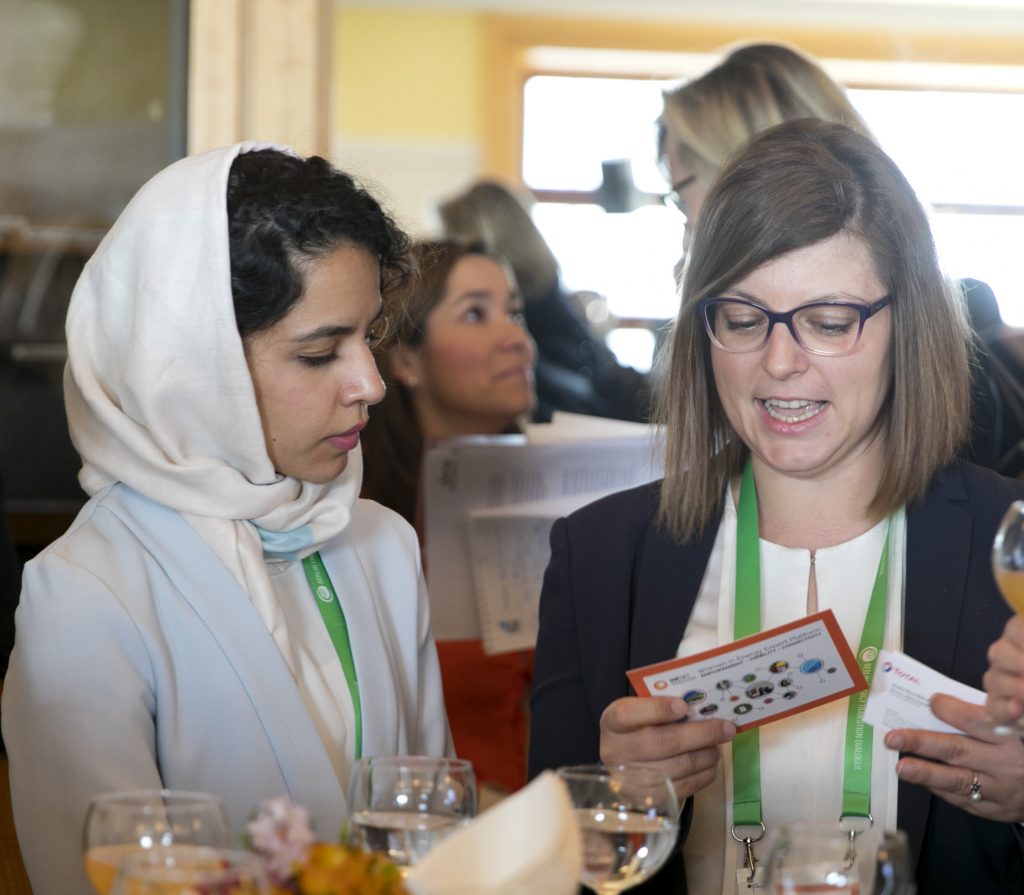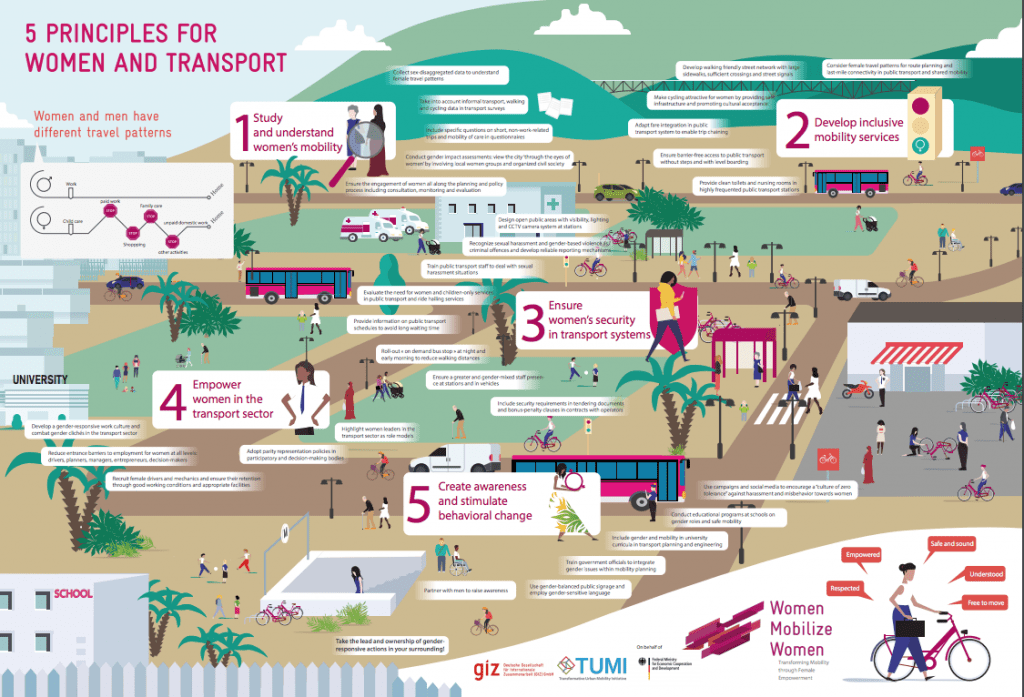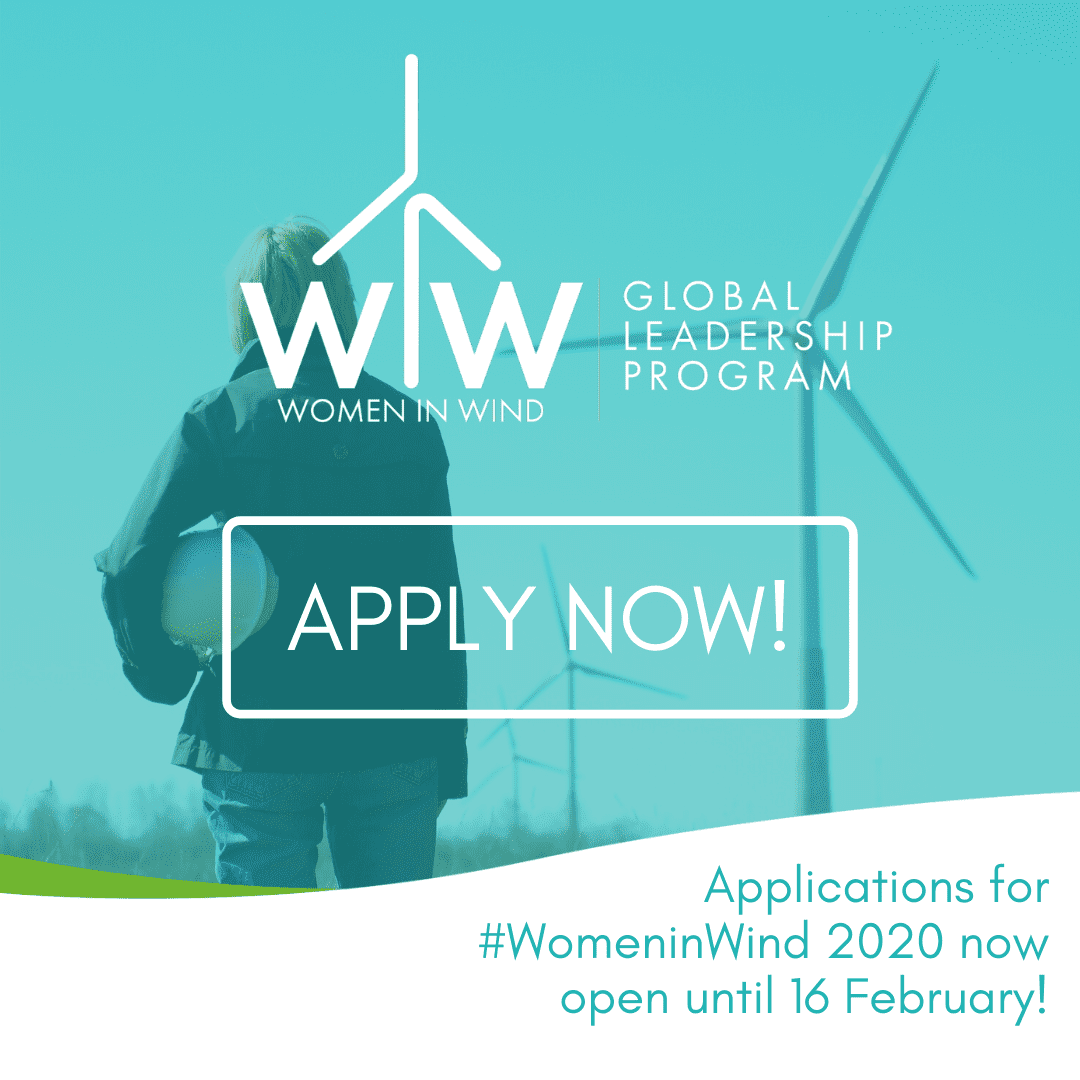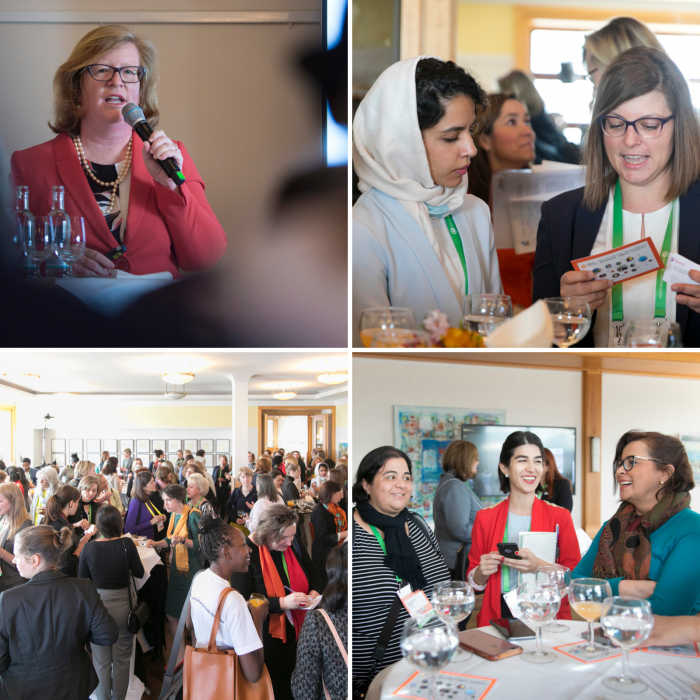As part of this year’s Vienna Energy Forum, the United Nations Industrial Development Organization (UNIDO) and the Renewable Energy Policy Network for the 21st Century (REN21) organized a side event to discuss and strengthen the role of women in the transition towards a sustainable energy system.
Opening the discussion, Philippe Scholtès, Managing Director of UNIDO’s Programme Development and Technical Cooperation, and Director a.i. of the Energy Department, said that “gender equality and the empowerment of women is at the very core of UNIDO’s mandate”, adding that UNIDO aims “to ensure women’s equal participation as decision-makers in shaping the sustainable and inclusive development of the energy sector, and to reduce gender inequalities in access to and control over energy resources”.
Since gender equality is an indispensable factor for achieving sustainability, the speakers discussed their concerns about gender stereotypes in the energy sector, and the major impediments for gender equality in the energy sector, such as the under-representation of women at decision-making levels in energy-related fields. Other topics discussed included the fact that education curricula energy subjects attract more interest from boys and young men than from girls and women, and the absence of female role models.
Christine Lins, Executive Secretary of REN21, pointed out that “there is a gender gap in the global renewable energy workforce. The under-representation of women in sustainable energy is part of a bigger problem of the under-representation of women in the field of science, technology, engineering and math (STEM).”
Tania Rödiger-Vorwerk, Deputy Director-General at Germany’s Federal Ministry for Economic Cooperation and Development, noted that “women are hardest hit by energy poverty”. He said that since access to energy can have a huge impact on women’s lives, German development initiatives recognize this and support gender equality and the empowerment of women.
This prompted questions on how to best promote gender sensitive action around the energy transition. Mahama Kappiah, Executive Director of the ECOWAS Centre for Renewable Energy and Energy Efficiency, provided a promising insight into the ECOWAS Programme on Gender Mainstreaming in Energy Access. He stressed that “women should believe in themselves”.
Inga Rhonda King, Saint Vincent and the Grenadines’ Permanent Representative to the UN, presented the SIDS DOCK Island Women Open Network which promotes gender mainstreaming in the sustainable energy sector of Small Island Developing States (SIDS) in the Pacific, Caribbean, Africa and Indian Ocean and is jointly coordinated by the regional centres in the Caribbean (CCREEE) and the Pacific (PCREEE) and UNIDO. She insisted on the “need more women at the leadership level”.
At a reception that followed the event, the Global Women’s Network for the Energy Transition (GWNET) was launched. The network aims to empower women who work in sustainable energy in developed, emerging and developing countries through mentoring, coaching, advocacy and technical cooperation.
For more information on gender mainstreaming at the Vienna Energy Forum 2017 click here.
Photo credit UNIDO.











